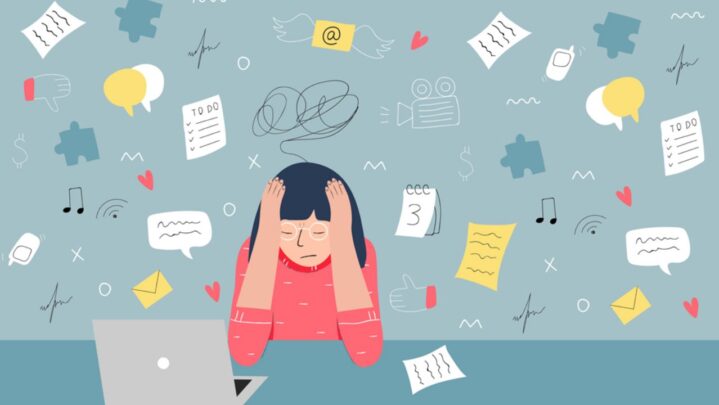You have undoubtedly made one or two regrettable decisions during your life to date.
Since errors are a normal component of learning, the majority of people have. But the guilt that seeps in and takes up residence in your mind may still lead to a lot of mental and emotional stress.
Perhaps the most vivid memory of remorse is the sickening queasy feeling that comes with realizing you’ve wounded someone else. As a result of your recollections of what transpired and your concern that others may find out, you can also experience persistent self-criticism and judgment.
1. What is your guilt?
It may seem like a good idea at the time to ignore or attempt to push your guilt aside. You can conclude that it will ultimately diminish and vanish if you don’t give it any thought. Accepting such emotions, however painful they may be, is a prerequisite for really confronting guilt.
2. Look into the source
You must understand where guilt originates in order to properly manage it.
When you know you’ve done something wrong, it’s normal to feel guilty. However, guilt can sometimes develop as a result of circumstances that you had nothing to do with if anything at all.
Even if you simply acknowledge your faults to yourself, owning up to them is still crucial. Observing when you unjustifiably blame yourself for circumstances that are beyond your control is equally crucial.
3. Which symptoms of guilt are present?
Different ways that guilt might appear. When you feel guilty after making a mistake, you could feel guilty. Alternatively, you could experience guilt if you believe you caused something to happen to someone else.
Shame, which suggests emotions of inadequacy for not reaching self-imposed standards, is not the same as guilt.





